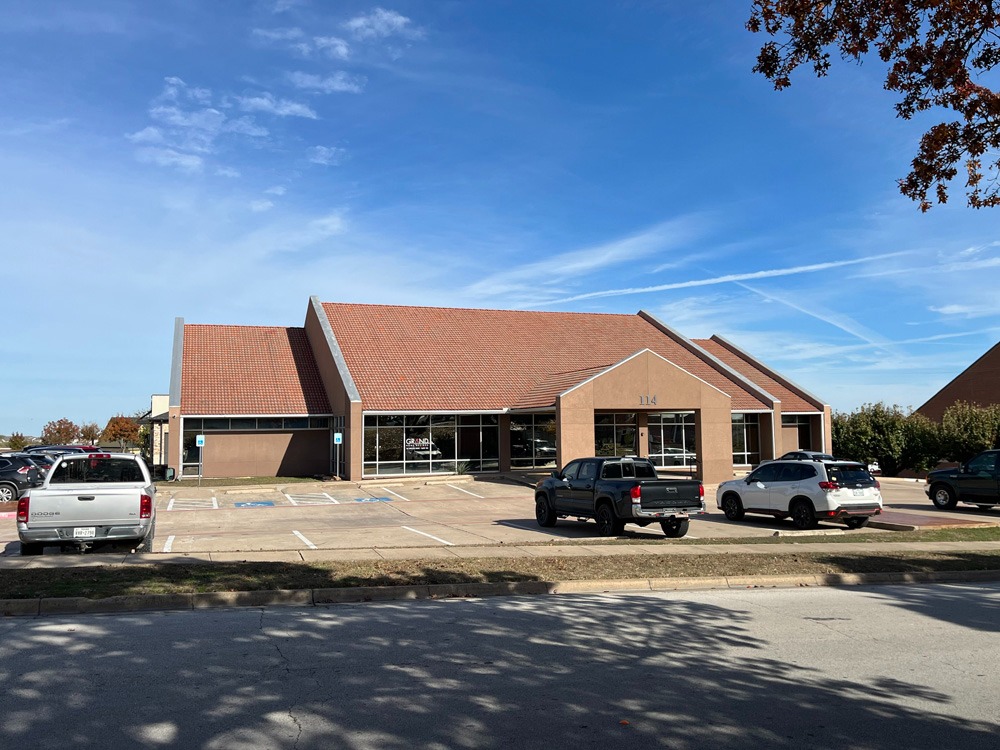Commercial Real Estate Construction Management: A Strategic Guide to Successful Projects

Strong 8k brings an ultra-HD IPTV experience to your living room and your pocket.
In the dynamic world of commercial real estate, construction management plays a pivotal role in transforming conceptual visions into physical structures. Whether it’s a high-rise office tower, a retail center, or an industrial warehouse, the success of any commercial construction project hinges on efficient and strategic management. Commercial real estate construction management (CM) is the disciplined process of planning, coordinating, and overseeing a project from inception to completion, ensuring that the final product meets client expectations, adheres to timelines, and remains within budget.
What is Commercial Real Estate Construction Management?
Construction management in commercial real estate involves a comprehensive set of services designed to manage the design, permitting, construction, and closeout phases of a project. Unlike general contracting, which focuses solely on building execution, CM encompasses a broader strategic oversight role, acting as a liaison between stakeholders such as developers, architects, engineers, contractors, and government agencies.
Typically led by a construction manager or project management firm, this process ensures that the project aligns with the owner’s vision, functional needs, and financial goals. The construction manager may be hired at various stages of development but is most effective when engaged early—during the pre-construction or planning phase.
Key Phases of Commercial Construction Management
Pre-Construction Planning
This phase lays the groundwork for the entire project. Key tasks include feasibility studies, site assessments, budgeting, value engineering, and scheduling. The CM works closely with architects and engineers to evaluate design concepts, assess potential risks, and forecast costs. Accurate planning at this stage helps avoid costly delays and change orders later.
Design Coordination
Once the concept is approved, the CM facilitates coordination between the design team and the client. Ensuring that architectural designs are both functional and cost-effective, the CM may suggest materials, building systems, or layout adjustments to optimize performance and cost. Design reviews also verify compliance with zoning laws, building codes, and other regulatory requirements.
Bidding and Procurement
With detailed plans in place, the CM oversees the solicitation and evaluation of bids from subcontractors and vendors. The goal is to select the most qualified contractors at competitive prices. By leveraging their industry relationships and knowledge of local markets, experienced construction managers can significantly reduce procurement costs and risks.
Construction Oversight
During the building phase, the CM monitors progress, quality, and safety on-site. This includes supervising subcontractors, ensuring adherence to the project schedule, conducting site inspections, and coordinating change management when unexpected issues arise. Effective communication and daily reporting are vital to keeping all parties informed and aligned.
Post-Construction and Handover
The final stage involves inspections, occupancy approvals, and commissioning of systems. The CM ensures that the building is delivered according to specifications, and any punch-list items are resolved promptly. Documentation, warranties, and operation manuals are handed over, and the facility is transitioned to property management or the owner.
The Value of Professional Construction Management
The complexity of commercial real estate projects—ranging from environmental regulations to financial constraints—demands professional oversight. Here are several ways in which construction management adds value:
Risk Mitigation: Identifying and addressing potential issues before they escalate saves time and money.
Cost Control: Through budgeting, competitive bidding, and cost tracking, CMs help owners avoid overruns.
Schedule Adherence: Project timelines are managed proactively, minimizing delays and ensuring timely delivery.
Quality Assurance: Standards are upheld throughout the build, avoiding costly rework and ensuring durability.
Regulatory Compliance: Permitting, zoning, safety, and code requirements are managed efficiently.
Trends in Commercial Construction Management
Technology is reshaping the construction management landscape. Tools like Building Information Modeling (BIM), drone site surveys, real-time project dashboards, and cloud-based collaboration platforms are enhancing transparency, efficiency, and accuracy. Sustainability is also gaining momentum, with many projects targeting LEED certification and energy efficiency goals. Construction managers are increasingly involved in green building planning and sourcing sustainable materials.
Conclusion
Commercial real estate construction management is much more than supervising construction crews. Construction management is a strategic and multifaceted discipline that plays a pivotal role in the successful execution of building projects. It involves the seamless integration of planning, coordination, problem-solving, and leadership to ensure that every phase of construction—from initial concept to final delivery—is executed with precision and efficiency. A skilled construction manager not only oversees day-to-day operations but also anticipates potential challenges, mitigates risks, and ensures that timelines, budgets, and quality standards are consistently met.
Their expertise can mean the difference between a project that achieves its intended goals and one that is plagued by delays, cost overruns, and compromised quality. In today's fast-paced and competitive construction landscape, this role has become even more critical. As the real estate and infrastructure sectors continue to evolve, driven by technological advancements and the growing demand for sustainable solutions, the importance of effective construction management cannot be overstated.
From adopting green building practices and incorporating smart technologies to navigating complex regulatory environments and coordinating multiple stakeholders, construction managers are central to delivering high-performing, cost-efficient, and environmentally responsible commercial properties. Their ability to align project objectives with client expectations makes them an invaluable asset in shaping the future of modern infrastructure and urban development.
Note: IndiBlogHub features both user-submitted and editorial content. We do not verify third-party contributions. Read our Disclaimer and Privacy Policyfor details.




